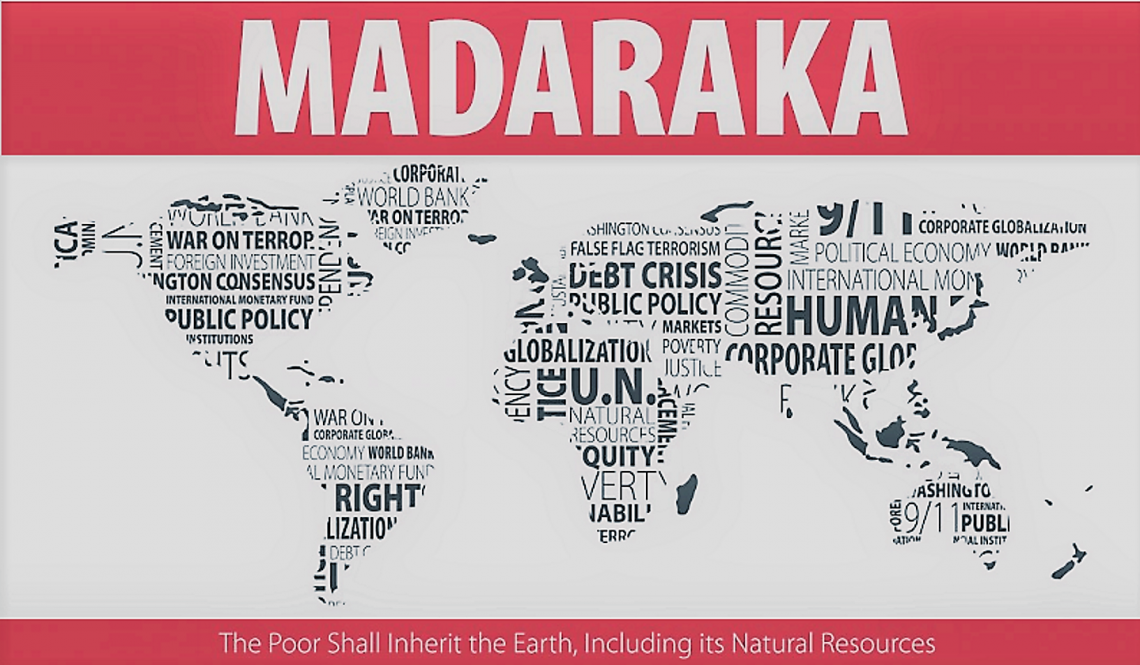Published by Mines and Communities on 2016-09-03
Source: Inquirer, Reuters, Guardian, Philippine Star, GMA (2016-09-03)
The startling saga of the new Philippine President, and his environmental appointee, continues (see – Philippines: President tells miners country does not need them). And at the moment it continues on a similar trajectory. The President was recently quoted as saying “I am fighting a monster. Believe me, I will destroy their clutches on our nation.” As a recent headline put it: “Philippine President warns mining sector: My way or the environmental highway”.
In perhaps one of the most telling moves, the new Department of Environment and Natural Resources (DENR) has offered to immediately return specific lands to indigenous peoples from Mindanao (Lumads), which have been encroached upon by large-scale mining and logging companies. The new DENR Secretary, Gina Lopez, has also said she will inspect permits of mining companies cited by the Lumad leaders in an ongoing mining audit, and will shut them down if it is proven they are operating within ancestral domains (presumably without correct consent).
It is the mining audit which has become the focus of current mining struggles in the country, with all operating mines up for audit and the results expected imminently. Apparently the world’s nickel markets are waiting with bated breath (as are many mining companies and communities). Ms Lopez has said that any company that does not pass the audit will be shut down immediately, and the President added that if any executive resists they face arrest.
As the audit continues mines are still being suspended for violating their environmental licences; these include one mining nickel, one mining chromite and an iron ore miner. Small-scale gold miners are also in the sights of the newly crusading DENR, as is OceanaGold which has allegedly been shown a ’cause order’ explaining the many complaints against the company (see: Philippines mining – the case against Didipio).
Gina Lopez has also noted that the Tampakan project should not have been given environmental clearance, and has said the black sand mining industry is the next to come under scrutiny.
NGOs and community leaders have been praising these actions, but have also brought pressure to bear on what they see as key issues, particularly calling for a cleansing of the ranks of DENR officials. Ms Lopez appears to have rejected – at least some of – these calls. Some civil society groups have joined the audits, whereas others have been calling for independent, people’s audits in case of ‘greenwashing’.
In response, the mining industry seems to be countering with a number of different strategies. These include: stressing that all is well despite the recent news, agreeing with the core of current government demands, noting they are already ‘responsible’; asking for meetings to clear up misunderstandings; slamming the ‘demolition campaign’ against the industry; shuttering mines and laying off workers; challenging the legality of the government’s actions; and in the case of some investors terminating their agreements. Ms Lopez has countered that the DENR is committed to aid displaced workers from recent suspensions.
Against this background debates continue on the legal framework underpinning mining in the country. One commentator recently called the 1995 Mining Act ‘treasonous’ for what it gives away to foreign investors, and Ms Lopez seems to agree it is unfit for purpose. At least one DENR official has questioned whether the previous president’s Executive Order (EO79) is still needed, and the proposed Alternative Mining Bill have been re-filed in Congress.
With all this excitement around Philippine mining it is almost possible to miss the news that the Commission on Human Rights of the Philippines (CHR) has sent 47 “carbon majors” including Shell, BP, Chevron, BHP Billiton and Anglo American, a 60-page document accusing them of breaching people’s fundamental rights to “life, food, water, sanitation, adequate housing, and to self determination” over their greenhouse gas emissions. This is an unprecedented first move in a likely investigation of the companies. Like so many recent developments around mining in the Philippines, it will be fascinating to see where everything ends up.
SOURCE: http://www.minesandcommunities.org/article.php?a=13494
